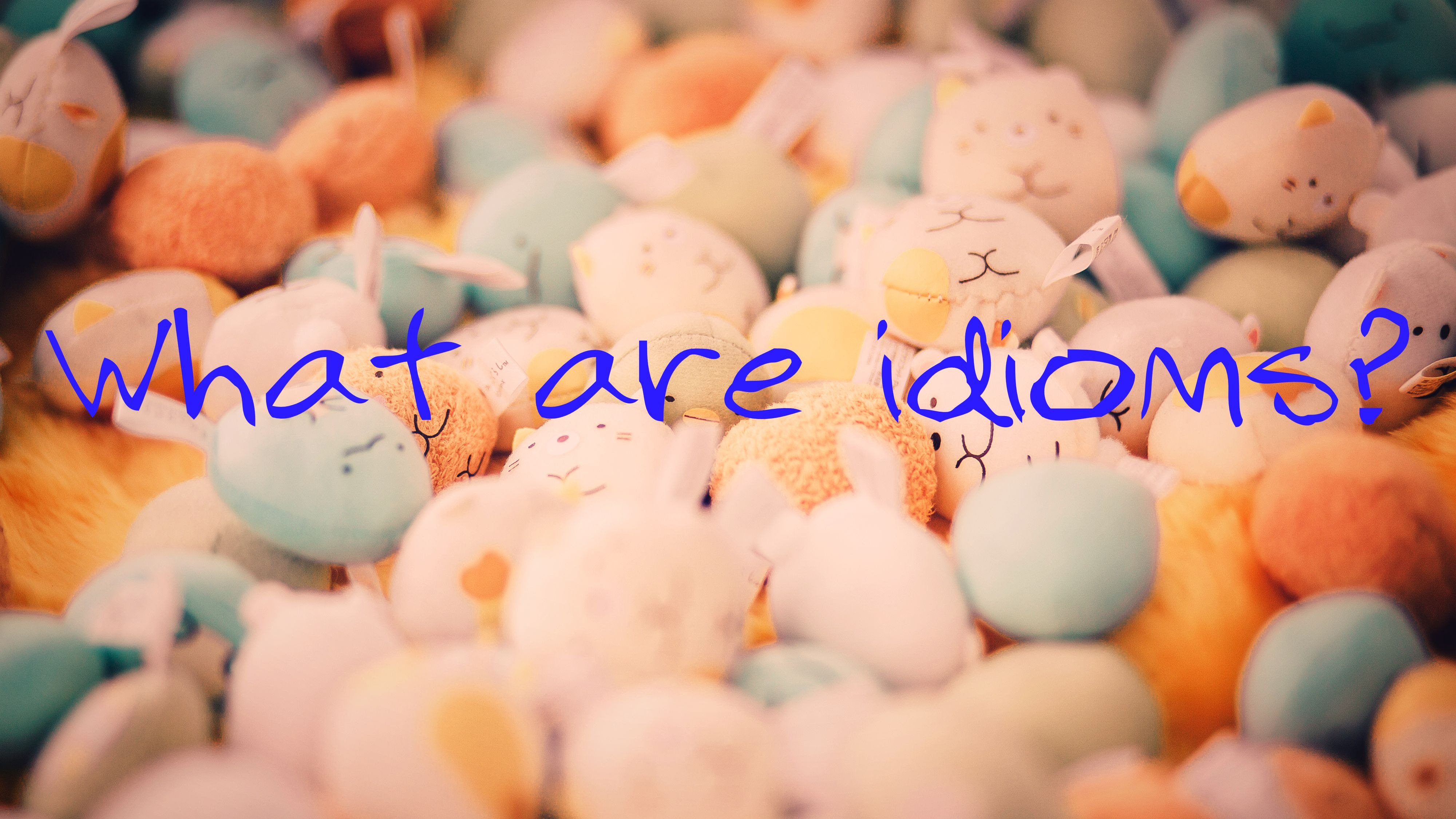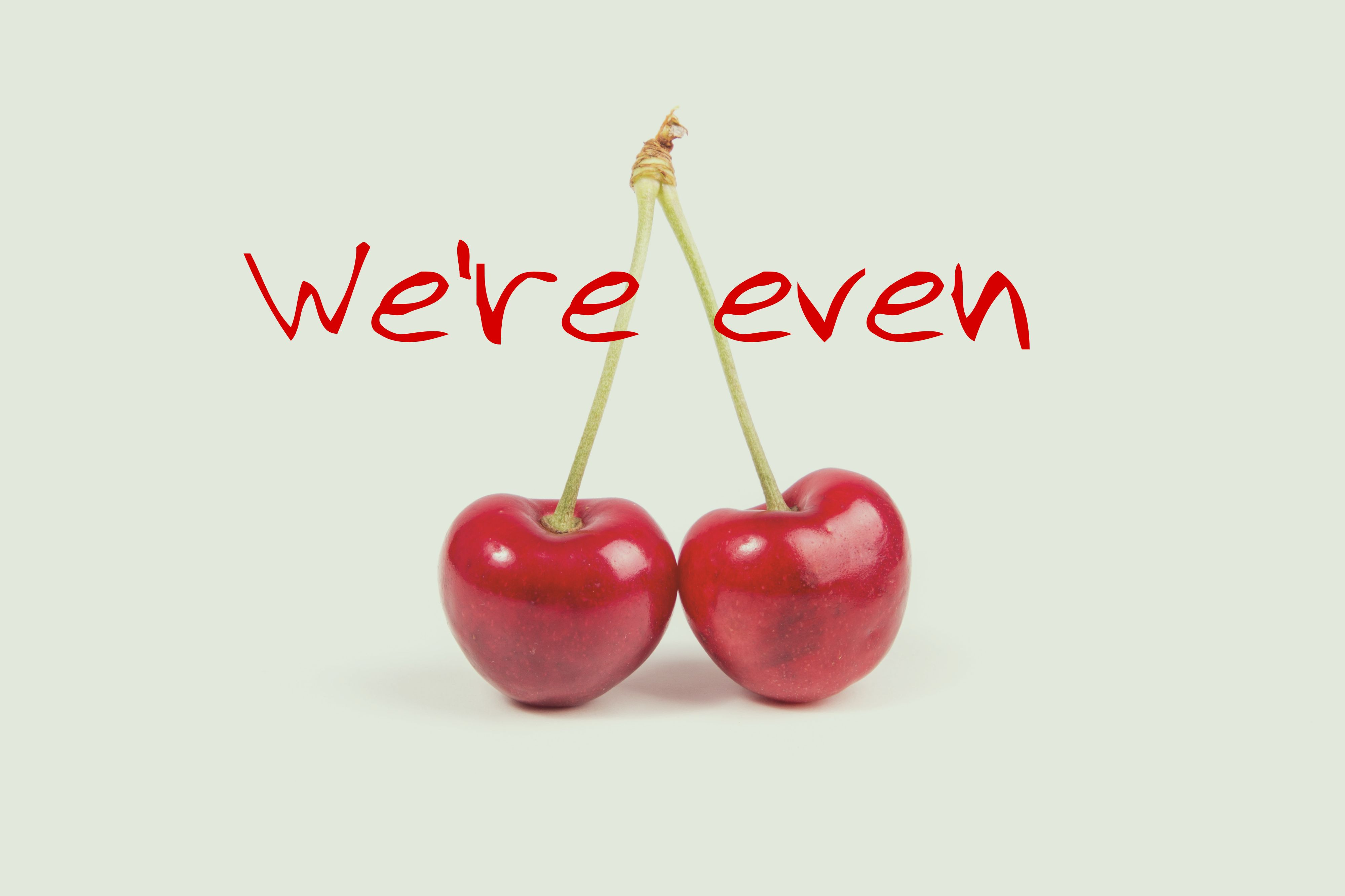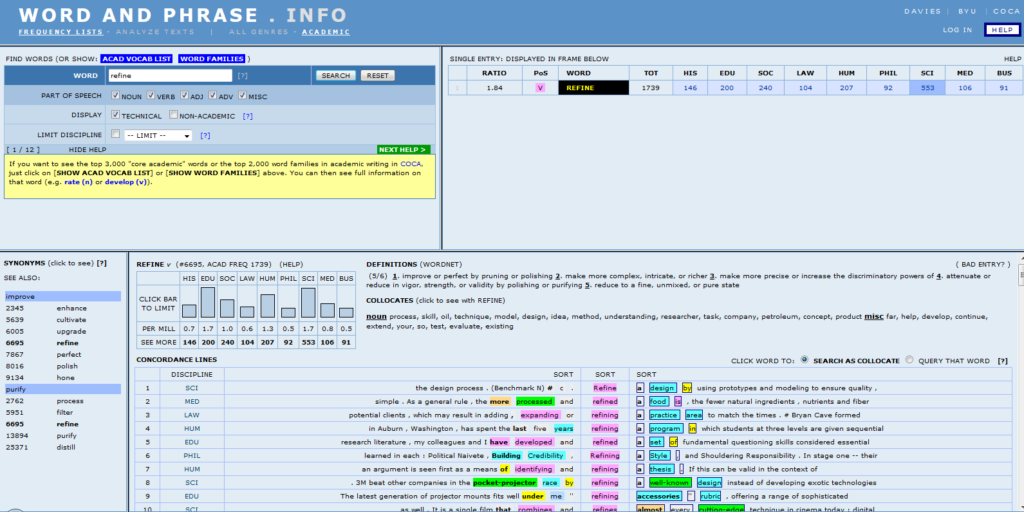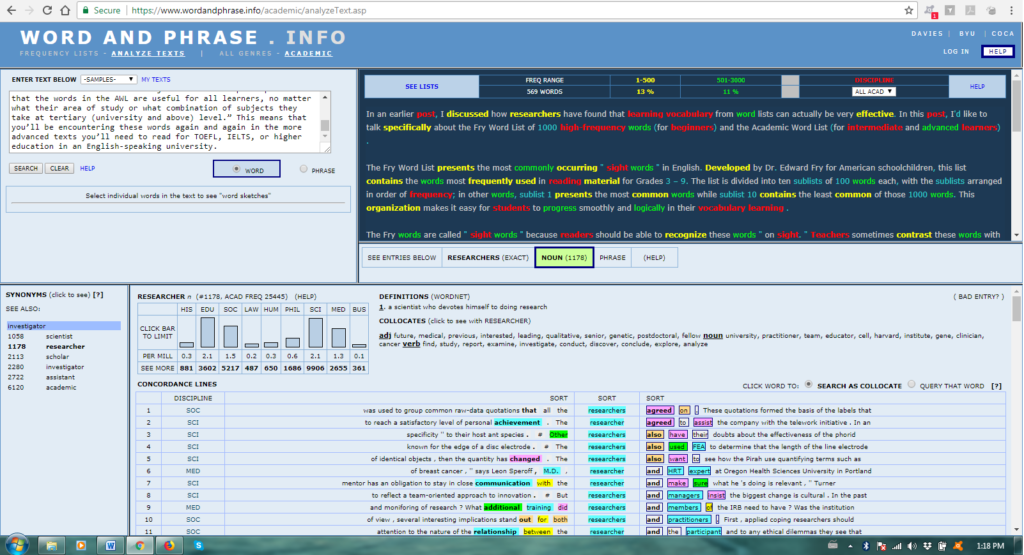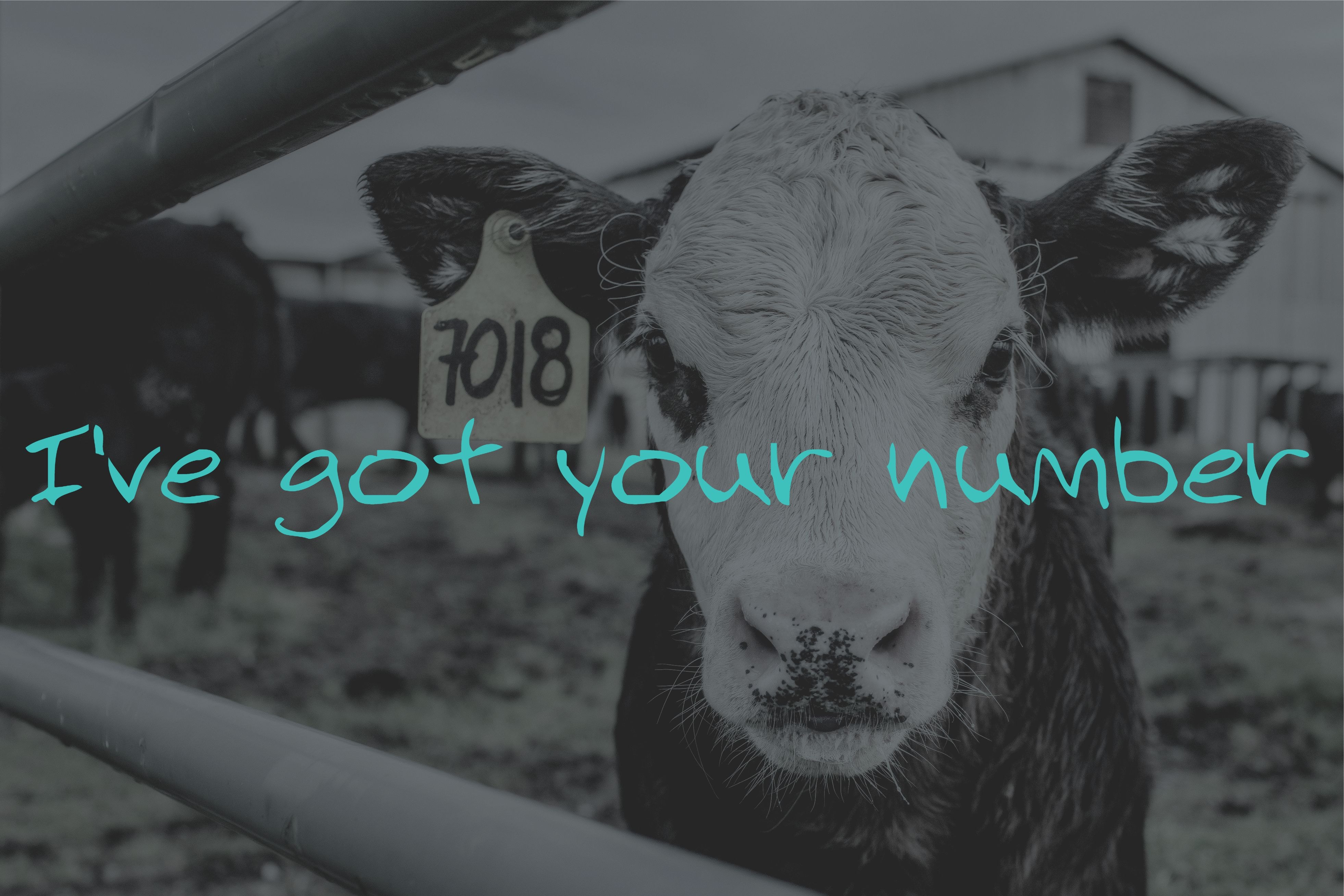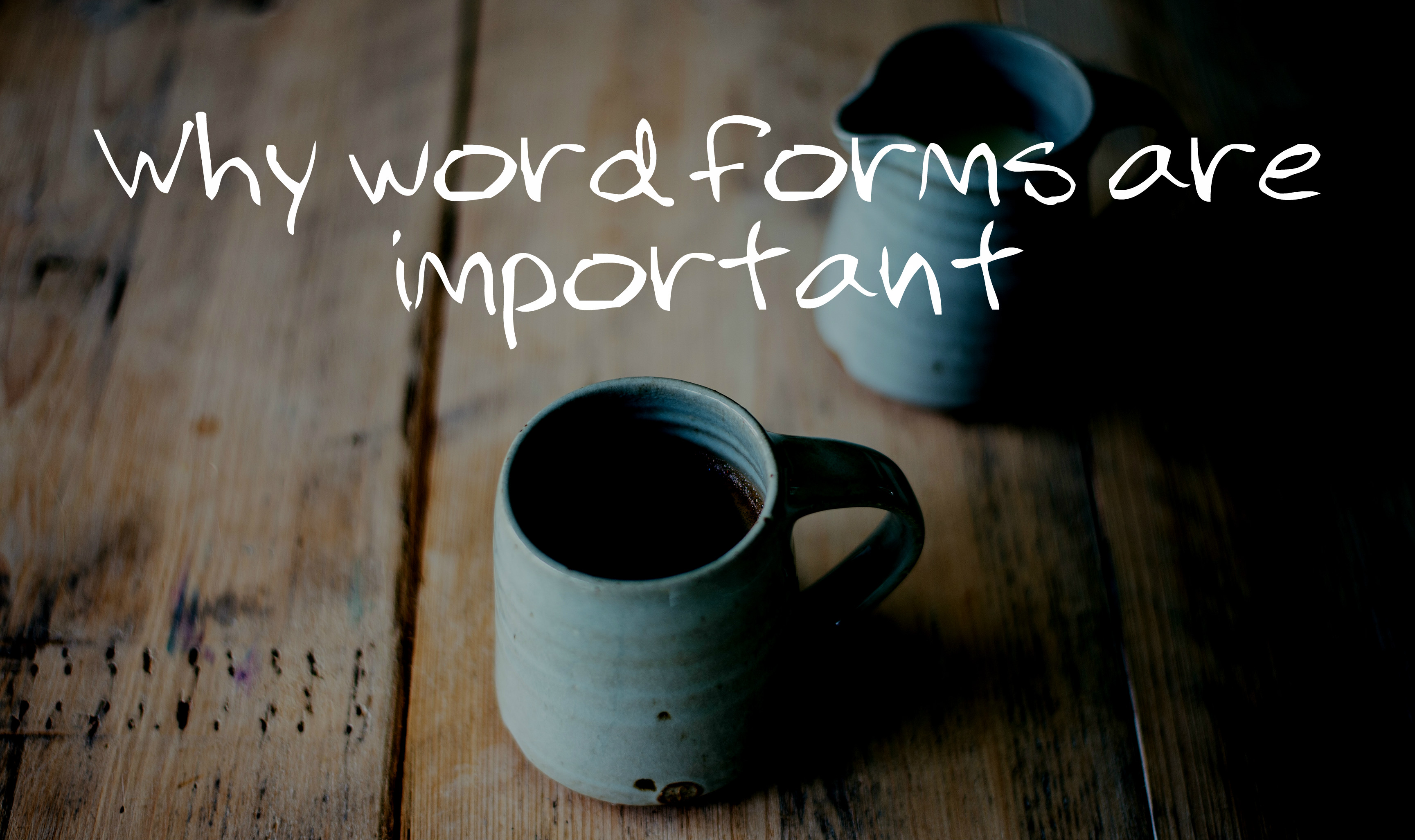
I am not a linguist (a person who studies languages).
But during my English lessons, my students and I often discuss what “kind” of English they want to learn. Colloquial? Informal? Idiomatic? Slang? Dialect? What do all those terms actually mean?
In this article, I will try to explain what we English teachers mean when we throw these terms around. As I said, I’m not a linguist, so please take my information “with a grain of salt.”
♠ ♠ ♠ ♠ ♠ ♠
Register. Basically, linguists use register to define a language’s degree of formality. In academic writing and social situations such as job interviews and committee meetings, people tend to use formal register: higher-level vocabulary words and less slang, with more attention to proper grammar and precise wording. On the other hand, casual or informal register is more conversational, more colloquial, more idiomatic, and more “natural.” In general, English writing is more formal in register, speaking is less so. But for both, there’s still lots of variation between formal and casual register, and English learners need to pay attention to identifying which people and situations require what degree of register.
♠ ♠ ♠ ♠ ♠ ♠
Vernacular. This is a broad, rather “catch-all” phrase used to describe “the language of a people or a national language.” The term can also be used as a synonym for colloquial or informal. It includes both spoken and written English.
♠ ♠ ♠ ♠ ♠ ♠
Colloquialism. Colloquial. In contrast to formal language, colloquialism (general parlance) is simply the everyday language people use when they are casual, relaxed, and not trying to impress people. This general term includes slang, abbreviations (like LOL), and idioms. When English learners want to sound “real,” native-like, and authentic, they want to learn this kind of English. Colloquialism is more common in spoken English, although written texts that try to replicate human speech often use colloquial expressions. Colloquial language can generally be understood by people of different ages and socioeconomic classes in a broad geographical area, but some expressions are more limited.
For example, many Americans, when they tell someone that they’re going out for a drink with a friend, might say, “We’re gonna go grab a …” “Gonna” is a widely used colloquialism for “going to.” Your English textbook may tell you that Americans say, “I am going to walk to the store.” In fact, nine times out of ten, you will hear them say, “I’m gonna walk to the store.’ And although “to grab” generally means to catch or seize something, Americans will understand that this simply means to go get something right away, and relatively quickly. However, in different regions, the name for that drink may vary. For example, in the Northeast, people usually say a “soda,” in the South, a “Coke” (even when the drink is a different brand), and in the Midwest, a “pop.” So, there are colloquialisms that are more generally used throughout the US, and others that are more regional.
♠ ♠ ♠ ♠ ♠ ♠
Idiom. Idiomatic. I have already written two articles on idioms so I won’t repeat myself too much here; my general definition is:
- They are a group (or pair) of words in a specific order that doesn’t change. The speaker will include the idiom as one fixed “chunk” of language into their speech or text.
- Their meaning is different from the individual words that form the phrase. In other words, you won’t be able to figure out the meaning of the idiom from the meaning of the individual words.
- They are usually specific to a certain language and can’t be translated word-by-word to another language.
While colloquialisms include any informal, everyday expressions, idioms are limited to those phrases that are both fixed and figurative. Most idioms are colloquial; we wouldn’t use them in formal speech, but not all colloquial language is idiomatic
Remember … fixed and figurative. The word order will generally stay the same, and a literal (word-for-word) meaning won’t help you catch the meaning, although it can result in some funny images. If your children are “glued to the TV set,” they aren’t (fortunately!) literally and physically attached to the screen. If you take my advice with “a grain of salt,” you aren’t going to be eating salt … you’re just going to be a little skeptical. If you’re “beating a dead horse,” you’re not committing animal cruelty … you’re simply wasting your time on something that’s already over and done with.
♠ ♠ ♠ ♠ ♠ ♠
Slang. Slang is casual spoken language that’s very informal. While colloquialisms can be understood by most Americans, slang is specific to a particular group, age, region, or profession. Slang can become a group identity … so that if you know the slang, you “belong” to the group; if not, you’re an outsider. Slang generally goes in and out of fashion. Words like groovy and sweet (to describe something pleasing) now seem very outdated. Some slang expressions are perfectly acceptable in any conversation (cool or brilliant or yikes). Others are more vulgar (offensive and rude) and should be used with caution! Urban Dictionary is a wonderful resource for learning American slang (but it’s definitely X-rated, so readers beware!).
♠ ♠ ♠ ♠ ♠ ♠
Jargon. Jargon is a language that’s specific to a particular activity or profession. Lawyers use legal jargon (appeal, motion, bench); golfers use golf jargon (birdie, boogey, par).
♠ ♠ ♠ ♠ ♠ ♠
Dialect. Dialect is a particular form of a language spoken by a certain group of people, such as southern English, Black English, even standard English. When it’s in the form of writing that shows the accent and way people talk in a particular region, dialect can be a huge obstacle for readers of English literature. Here are some examples:
Dialect in Huckleberry Finn (Mark Twain):
Jim (a Black man in what the author describes as “Missouri negro dialect”): I didn’ know dey was so many un um. I hain’t hearn ‘bout non un um, skasely, but old Sollermun, onless you counts dem kings dat’s in a pack er k’yards. How much do a king git?
In Standard American English: I didn’t know there were so many of them. I have scarcely heard of any of them, except old Solomon, unless you count the kings that are in a pack of cards. How much does a king earn?
Dialect in The Secret Garden (Frances Hodgson Burnett):
Dickon (a country boy in Yorkshire, England): It’s rare good for thee. There’s naught as nice as th’ smell o’ fresh growin’ things when th’ rain falls on ‘em. I get out on th’ moor many a day when it’s rainin’ an’ I lie under a bush an’ listen to th’ soft swish o’ drops on th’ heather an’ I just sniff an’ sniff … I never ketched cold since I was born. I wasn’t brought up nesh enough.
In Standard American English: It’s really good for you. There’s nothing as nice as the smell of freshly growing things when the rain falls on them. I get out on the moor many days when it’s raining and lie under a bush and listen to the soft swish of drops on the heather and I just sniff and sniff … I’ve never caught a cold since I was born. I wasn’t brought up nicely enough.
Although literature written in dialect closely mirrors the speech patterns of the characters and thus makes them sound more genuine, it can be exceedingly difficult for even native English speakers to read. In the same way, a movie in which actors speak dialect can be almost inaccessible. If this happens to you, try not to feel frustrated! Many American high schoolers have given up (or wanted to) on Huckleberry Finn, even though it’s considered a classic in American literature.






